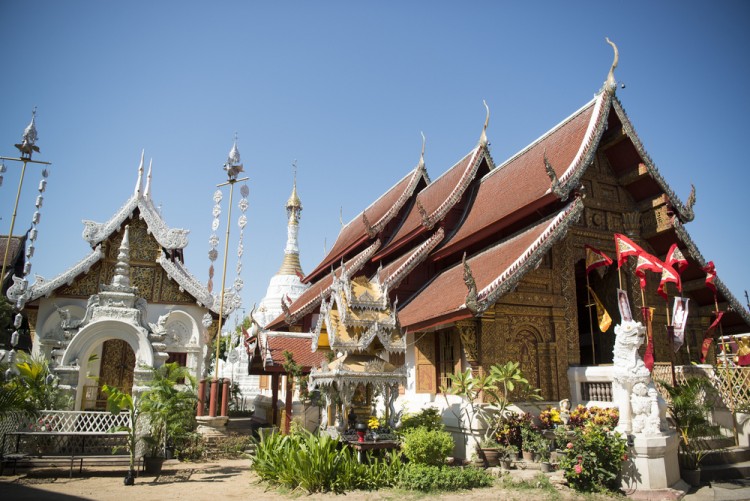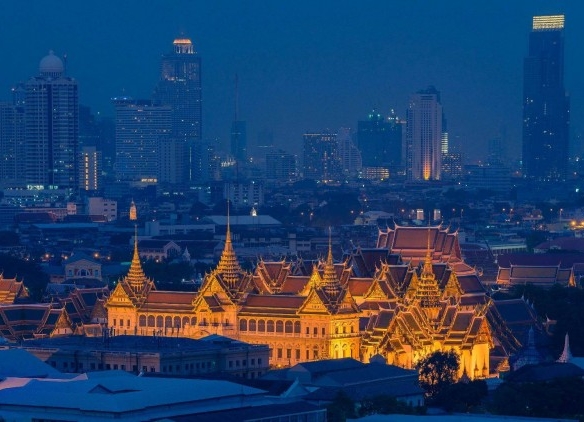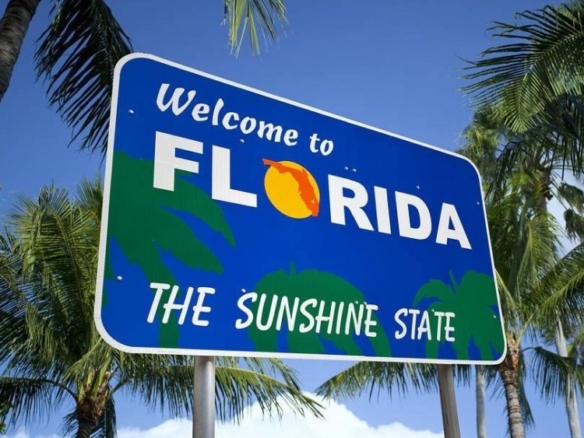This year, Thailand is set to be ahead of other Asian countries as far as drawing in foreign property investors goes. Already, the condominium sector has been booming, with projects along Bangkok’s Sukhumvit Road selling out their foreign quota of 49% of available units. The majority of these buyers are from Hong Kong, China, and Japan.
The country has continued to see increased foreign investments in the real estate market for a number of reasons including a low stamp duty of 0.5%, compared with Singapore’s 15% stamp duty on residential purchases. In Thailand, foreigners are permitted to be outright owners of condominiums, an opportunity they may not get so easily elsewhere.
Another factor is the growth of Thailand’s tourism sector, with foreigners seeking a holiday home or rental income. In 2016, the number of tourists that visited the country rose 9% to 32.6million with spending going up to 12.6% year-on-year to 1.6 trillion baht.
The saturation of the condominium sector is in no way slowing business down as developers continue to embark on more ambitious projects. For instance, the $246 million Sansiri project, ’98 Wireless’, in central Bangkok with prices for most of the units ranging between $2m and $8.5m. Before the official launch on March 14, about half of the apartments had been sold, with a buyer from Hong Kong purchasing a penthouse for 650 million baht, equivalent to about $18.7 million.
Speaking to the Nikkei Asian Review, the executive director of research and consulting at CBRE, James Pitchon insisted that greater developments and infrastructure continue to draw wealthy locals to the city centre. With more upper class homeowners moving from their massive suburban mansions to condominiums in central Bangkok, now is an interesting time for Thailand’s real estate market, especially the condominium sector.



